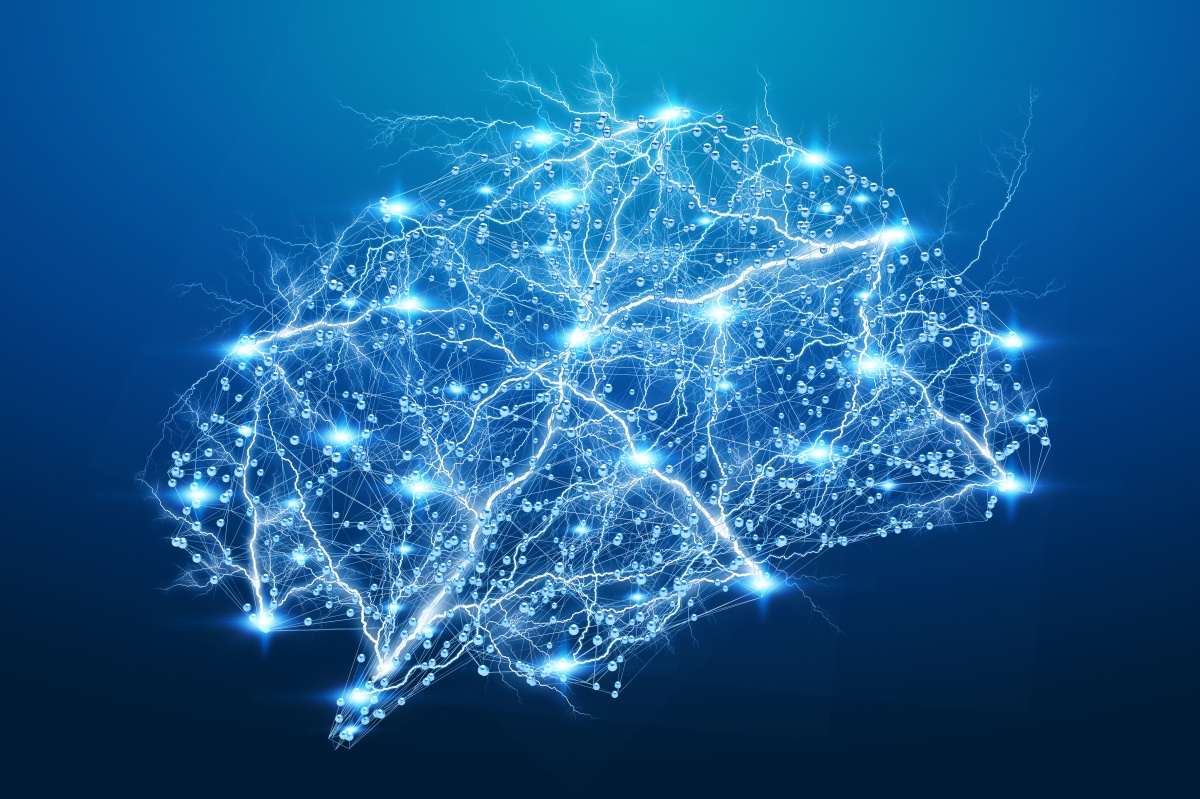Do you remember what you wore and what you did on August 26, 2019 at 17:45? People with hyperthymesia most likely remember.
this hyperthymesia It is characterized as a type of autobiographical memory in which a person remembers events that occurred in the past in full and detail.
This is a rare condition and very few people in the world have this kind of special memory. What drives a person to develop this ability to remember is still a mystery to neuroscientists.
Understand how it works and the pros and cons of this super memory.
How does the brain store memories?
When we receive sensory stimuli from the environment, by sight, touch, smell, taste or hearing, various receptors in our body receive this information and encourage our neurons to exchange information through synapses.
When these synapses are stored in the front of the brain, we have short-term memories, which are quick-access memories, such as the name of someone you met.
However, these short-term memories are transferred, depending on several factors, to another part of the brain called the hippocampus, where long-term memories are stored.
Long-term memories are evoked by sounds, smells, photos, or other stimuli that can trigger the recall of these memories.
The transformation of short-term memories into long-term memories is linked to emotional, repetition, and significance factors. Brain damage, lack of sleep, or synapse problems can affect this consolidation.
Hyperthymesia and long-term memory
Long-term memory is where individuals with hyperthymesia shine. People with this condition have excellent long-term memory, but only for events that happened or related to their life.
According to researchers on the subject, people with hyperthymesia, even if they have exceptionally long-term memory, are still subject to false memories as Darth Vader put it: Luke, I’m your father.

In an interview with the BBC, a person with the condition described as “Bill” explains: “Sometimes I don’t remember what happened five minutes ago, but I do remember a detail from January 22, 2008”. This is because short-term memory does not differ in the form of storage compared to the rest of the population.
What causes hyperthymesia?
The causes of hyperthymesia are still not well understood, but it is believed that they may include factors:
- Biological: Some studies have pointed to hyperactivity in parts of the brain that are essential for consolidation and the way memories are evoked.
- Psychological: According to some researchers, hyperthymesia has a psychological background, in which affected people tend to remember facts obsessively. This behavior strengthens synaptic connections and, as a result, consolidates memory more strongly.
According to experts, some anatomical differences were found in the brains of people with this condition.
But whether the differences are due to hyperthymesia, or whether the fact that people constantly exercise their memory is the real cause of differences in brain regions such as the hippocampus and greater activation of synaptic pathways is unknown.
There is still some speculation about the influence of genetic factors, but the studies are still small.
Is hyperthymesia the same thing as eidetic memory?
Hyperthymesia is just one of the memory-related conditions. Another super memory you may have heard of, eidetic memory.
This type of memory, which can store image information even if the exposure is short-term, became popular thanks to the character Sheldon (Jim Parsons) in the TV series “The Big Bang Theory”.
But despite the similarities, the two conditions are different. In hyperthymesia, people remember only autobiographical facts, whereas any image can be stored and accessed in eidetic memory.
The other side of hyperthymia
People with hyperthymesia can remember their entire lives in detail, and their memories consolidate more clearly from the age of 12, according to the data.
First kiss, first girlfriend or first boyfriend, first breakup or death of a loved one, all the memories are there, ready to attack you.
Therefore, people in this situation need an extra effort to cope with the agony of forgetfulness.
How memory is consolidation in people with hyperthymesia continues to be investigated, and more answers are expected soon on such an interesting condition.
Source: Tec Mundo
I am Bret Jackson, a professional journalist and author for Gadget Onus, where I specialize in writing about the gaming industry. With over 6 years of experience in my field, I have built up an extensive portfolio that ranges from reviews to interviews with top figures within the industry. My work has been featured on various news sites, providing readers with insightful analysis regarding the current state of gaming culture.













